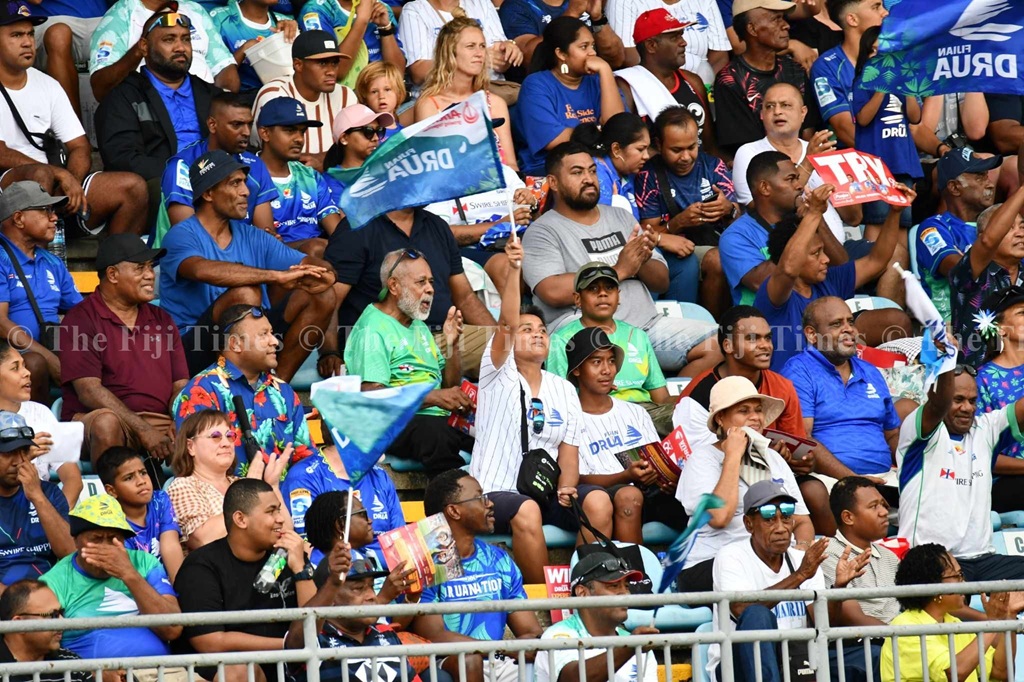In the wake of a powerful naturalisation (citizenship) speech shared with me recently, a particular metaphor stuck in my mind: the idea of a nation not as a melting pot, where distinct identities dissolve into a homogenous whole, but as a mosaic.
In a mosaic, each piece —unique in its colour, shape, and texture — is essential to the beauty and integrity of the entire artwork. This vision feels not just poetic, but profoundly urgent for Fiji.
For decades, the national narrative has been one of “unity in diversity.” It is a noble aspiration.
Yet, the metaphor we often unconsciously use to pursue it matters.
A “melting pot” implies a process where differences are boiled away to create a new, singular substance.
In a Fijian context, this has often manifested as a well-intentioned but flawed pressure to assimilate, to downplay what makes each community unique in the service of a sometimes artificially imposed unity.
This is where the mosaic offers a revolutionary, and perhaps more honest, alternative.
It allows us to envision a Fiji where every community is valued for its distinct contribution.
The Indo-Fijian community, with its rich tapestry of language, religion, and tradition, is a brilliant tile.
The Rotuman, Wantok, Chinese, European, and other Pasifika communities are their own vital pieces. And at the foundation of this mosaic lies the first piece: we the iTaukei.
This is the critical nuance that the mosaic makes space for. To speak of a mosaic is to necessarily acknowledge that not all pieces are identical, nor should they be.
The iTaukei are not just another tile; we are the indigenous owners of the vanua, the first people, holders of a unique and ancient relationship with the land, sea and its resources, that form the very bedrock of iTaukei identity.
Our language, customs, heritage and chiefly infrastructure, are the original pattern upon which the rest of the mosaic is arranged.
The political and social tensions of the last few decades, including the passionate debate over the term “Fijian,” stem from a fear that this foundational piece is being eroded, its distinctness blurred by the melting pot of a generic national identity.
The iTaukei aspiration for the protection of our vosa vaka Viti (language), qele (land), iyau (resources) and customs (itovo/vakarau) is not an argument against unity; it is a plea to be seen as the unique and sovereign people we are, before we are asked to be part of the whole.
A true mosaic does not ask us, the iTaukei to dilute our identity. Instead, it challenges the rest, to understand and respect its paramount importance to us.
It asks the government, to create a framework where iTaukei aspirations are not seen as a threat to national cohesion, but as the essential first step towards achieving it. In partnership with government.
A strong, confident, and culturally vibrant iTaukei community; with the Bose Levu Vakaturaga at its core, is the strongest tile in our national mosaic, moving forward.
Conversely, the mosaic also affirms the rightful place of every citizen who calls Fiji home. Their belonging is not conditional upon erasing their past. Their cultures, traditions, and stories are the colours that add depth and beauty to our shared national picture. They, too, are essential.
The promise of the mosaic is that we can be a nation of “and,” not “or.” We can be iTaukei and Fijian. We can be Hindu, Muslim, Christian, and citizens of one nation.
We can champion iTaukei rights and aspirations and, uphold the equal citizenship of all. This is not a contradiction; it is the complexity that makes us strong.
The work of assembling this mosaic is not passive. It requires deliberate choice, respect, and a commitment to ensuring every piece is secure and valued.
It demands that we listen to the fears and aspirations of the iTaukei, without defensiveness, and that we assure all communities of their irrevocable place in the design.
The gentleman who was giving his naturalization speech I referred to earlier, said that home is “where you are welcomed, where you are seen, and where you are free to become who you are meant to be.”
Let that be Fiji’s goal. Our goal. Not a melting pot where we strive to become the same, but a magnificent mosaic, where we are finally, and truly, seen for who we are — and are celebrated for it. That is the truest form of unity.



